The first half of the year is always fun because we get to enjoy public holidays every month.
Most times, we only know about holidays we celebrate, while other holidays are just a day off.
But learning about other holidays can be pretty interesting too, and it can make you sound smart when you “um, actually,” during conversations.
Here’s all you need to know about the next public holiday this month – Vesak Day.
Buddha Isn’t A Name
Vesak Day is celebrated by Buddhists.
Devotees of this religion do not believe in a single god who created the world and everything in it.
Instead, most Buddhists believe in the teachings and philosophy of a man called Siddhartha Gautama – also known as the Buddha.
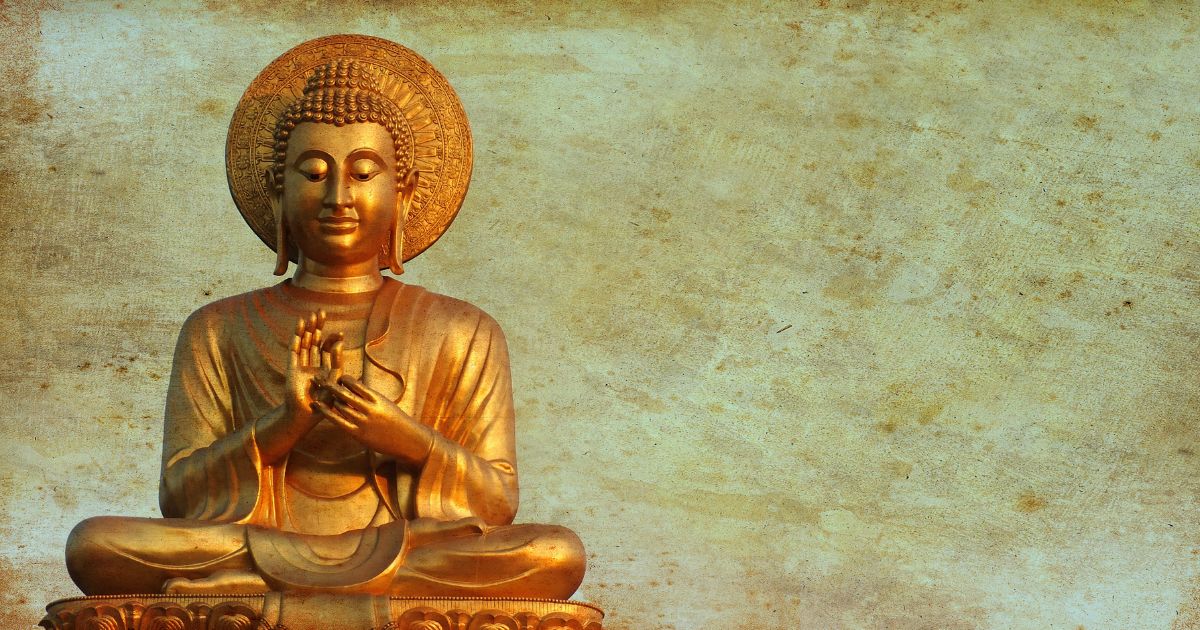
Siddhartha Gautama is believed to have been a prince who was born into a wealthy family in Lumbini, in what is now called Nepal, in the 5th Century BC.

He realised that wealth did not guarantee happiness, so he renounced his home life to wander the world.
It is believed that after six years of studying and meditating, he attained nirvana, which refers to a place of perfect peace and happiness.
He attained nirvana at Bodh Gaya, in what is now known as India. In this state of enlightenment, one’s individual desires and suffering go away.
He then became the Buddha.
To most non-Buddhists, we know Buddha as a person.
While this is somewhat correct, the “more correct” way of viewing Buddha is that it is a title, rather than a name, meaning the enlightened or awakened one.
The Buddha then began teaching others about his findings, which are summarised in the Four Noble Truths and the Noble Eightfold Path. He taught about kindness towards others, mindfulness, and sense restraint, among others.
Buddhism has since spread beyond the Indian subcontinent, and the Buddha is even recognised in other religious traditions.
One such example is Hinduism, where the Buddha is considered by some as an avatar of Vishnu.
When is Vesak?
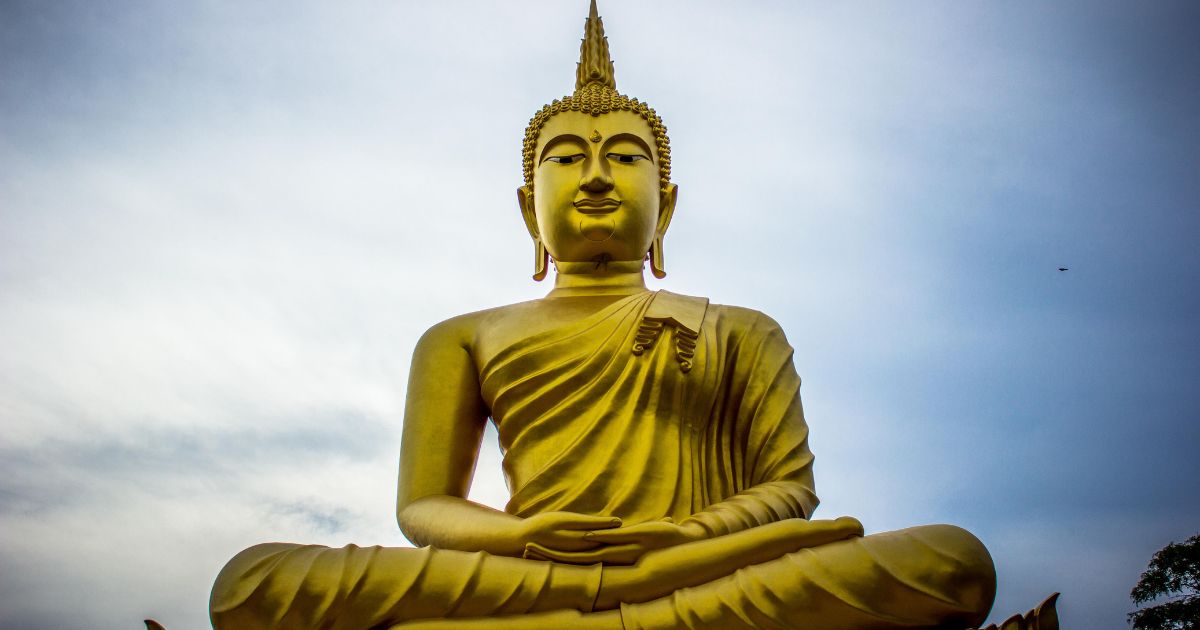
In a previous article, I mentioned that there are many calendars other than the usual Gregorian calendar that runs from January to December.
I mentioned that the Chinese follow the Lunisolar calendar, which is why Chinese New Year falls on a different date every year.
Buddhists also follow the Lunisolar calendar, which incorporates both the Lunar and Solar calendars.
Vesak, which commemorates the birth, enlightenment, and death of the Buddha, is primarily celebrated in the month of Vaisakha, hence the name Vesak.
Different countries celebrated Vesak on different days.
Nepal and India celebrate it on the day of the first full moon in May in the Gregorian calendar while Bhutan’s Buddhists celebrate it on the 15th day of the fourth month of the Bhutanese lunar calendar.
In Singapore, Vesak is celebrated on the fourteenth or fifteenth day of the fourth month in the Chinese lunar calendar.
Vesak Day normally falls in April or May, and it falls on 22 May in Singapore this year.
Reader: Is it-
I know what you’re asking. Yes, 22 May is a Wednesday, not a weekend.
Reader: Heng ah. Wait, Wednesday?
Vesak Is Celebrated In Different Ways
Christians all over the world celebrate Christmas by attending church services to hear about the Christmas miracle and give each other gifts, though gift-giving is not unique to Christians only.
Muslims in many countries celebrate Hari Raya Puasa, or Eid al-Fitr, by visiting loved ones and sharing good food.
Unlike Christians, celebrations for Muslims may differ in different countries. It is customary for Cambodian Muslims to donate 3 kilograms of rice to the poor or disabled, while those in Turkey pay their respects to the deceased with organised visits to cemeteries.
Buddhists also observe different practices in their countries. Those in Laos commemorate the birth, enlightenment, and death of the Buddha with the Visakha Bouxa festival. One part of this festival is called Boun Bang Fai, or Rocket Festival.
During this festival, large homemade rockets are launched into the sky in an attempt to convince the celestial beings to send down rain, since this festival occurs during the hottest and driest season of the year.
How Vesak Is Celebrated In Singapore
Offerings and Good Deeds
In Singapore, devout Buddhists congregate at temples for a ceremony early in the morning. During this, the Buddist flag is raised, and hymns are sung in praise of the Buddha, his teachings, and his disciples.
Worshippers also bring offerings of flowers, candles, and joss sticks to temples. The burning of candles and joss sticks, as well as the withering of flowers, serves as a reminder to Buddhists that life is fleeting and transient, and that all things eventually pass away.
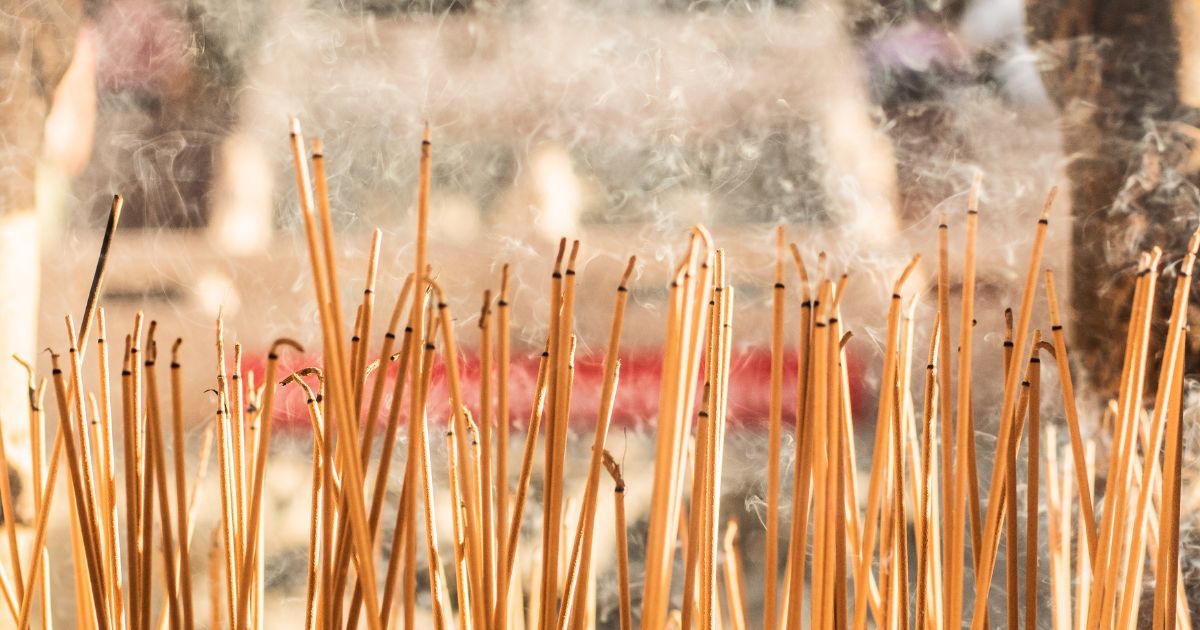
Buddhists spend the rest of the day on worthy causes as they believe that performing good deeds on this day will multiply merit manyfold.
Moreover, they eat only vegetarian meals on this day as they are expected to refrain from killing of any kind, though most Buddhists are not vegetarian on most days.
On this day, devotees also organise mass blood donations at hospitals, visit elderly homes, and distribute gifts of cash to the needy.
Some also release caged birds as a symbol of liberation for Buddhists, or spend hours chanting mantras.
“Bathing the Buddha”
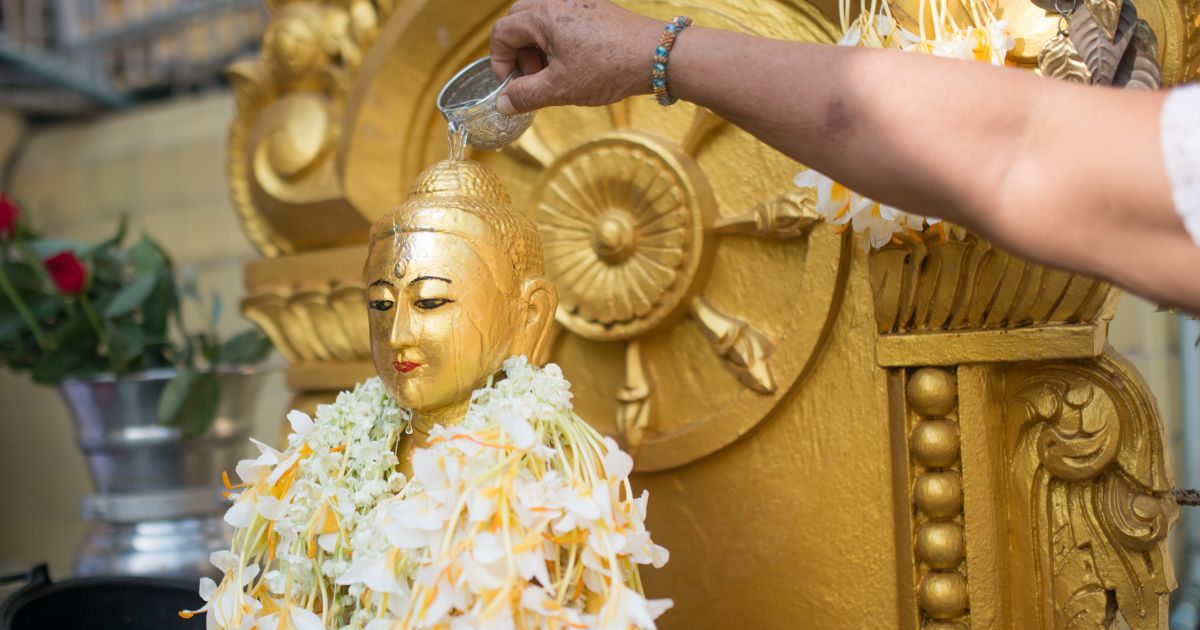
On Vesak Day, worshippers crowd around basins or pools decorated with garlands of flowers, featuring a small central elevated statue of the child Siddhartha.
Buddhists scoop ladlefuls of water from the basin and pour this over the statue, in remembrance of the legend that the infant prince was showered with the waters of nine dragons soon after he was born.
Candlelight Processions and Three Steps, One Bow
Statues of the Lord Buddha are illuminated, and the day’s celebrations often end with candlelight processions through the streets.
During these processions, Buddhists practice “three steps, one bow”.
For two hours, they shuffle on both knees, bowing at every third step while they pray for blessings and repentance.
The Buddhist Library
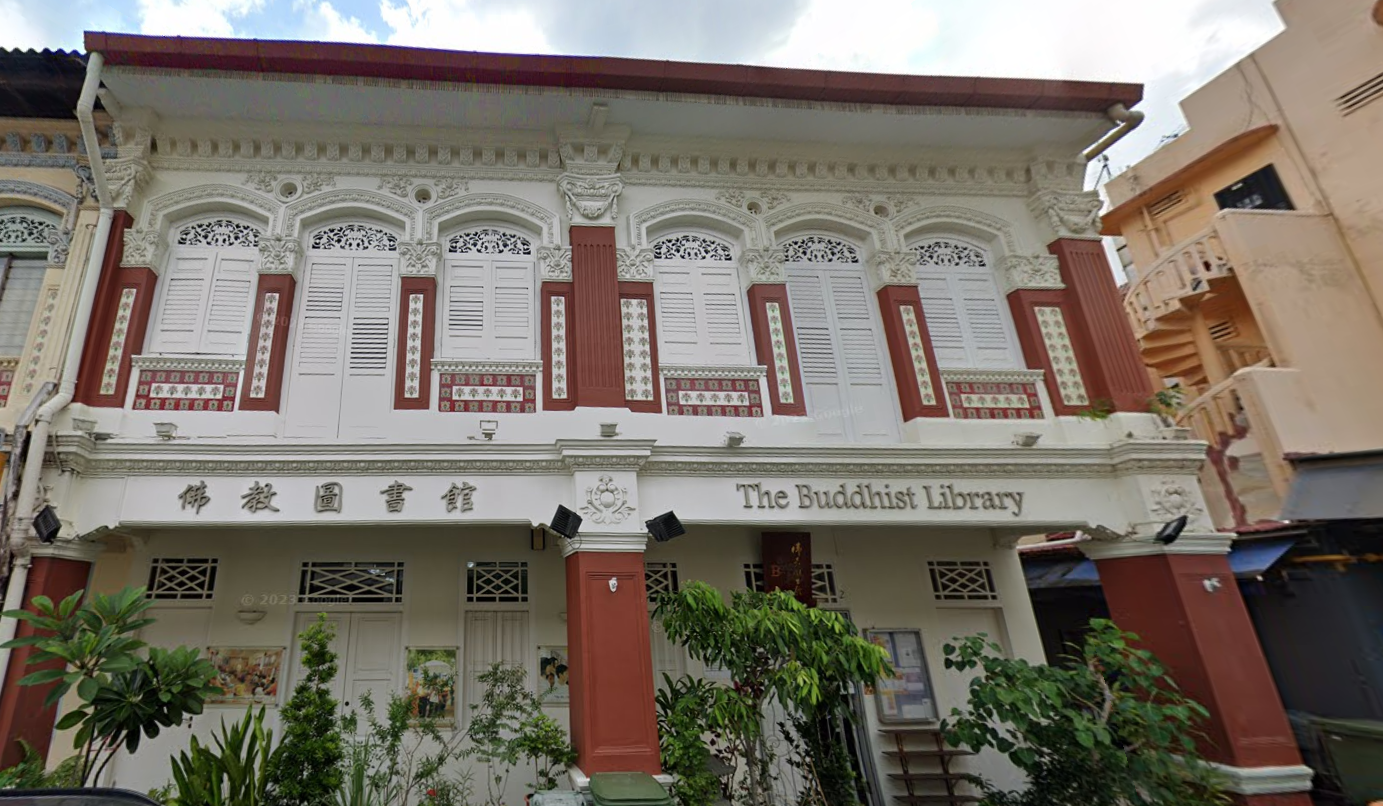
Nestled in a Geylang shophouse is Singapore’s first dedicated Buddhist library, which runs activities for the whole of Vesak Day.
There, devotees bathe Prince Siddhartha, chant, listen to messages, and more.
This year, the Buddhist Library’s programme runs from 8am to 8pm. Learn more about their timetable of activities here.




